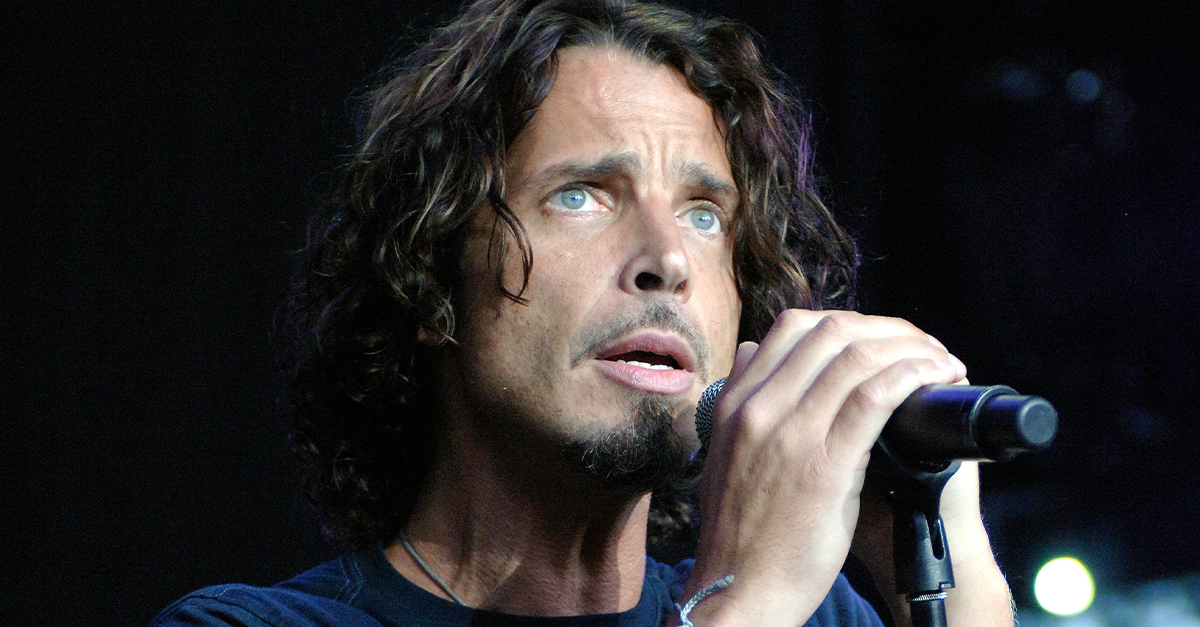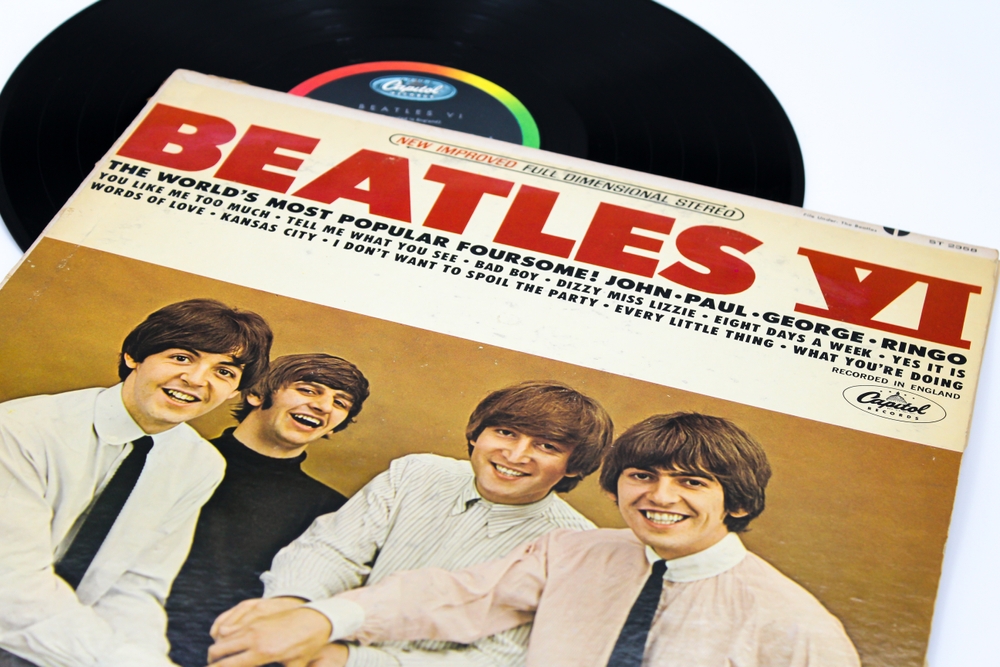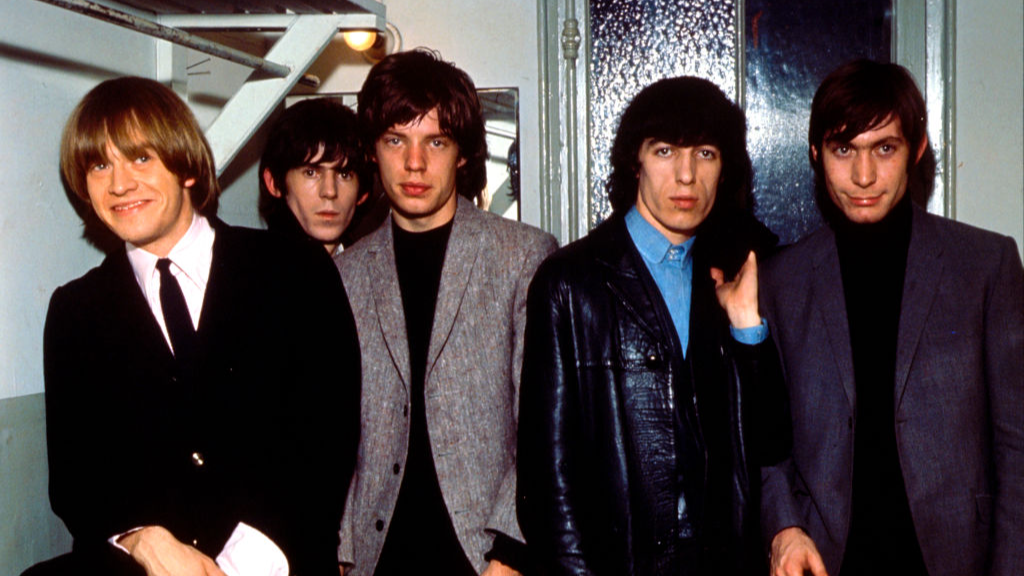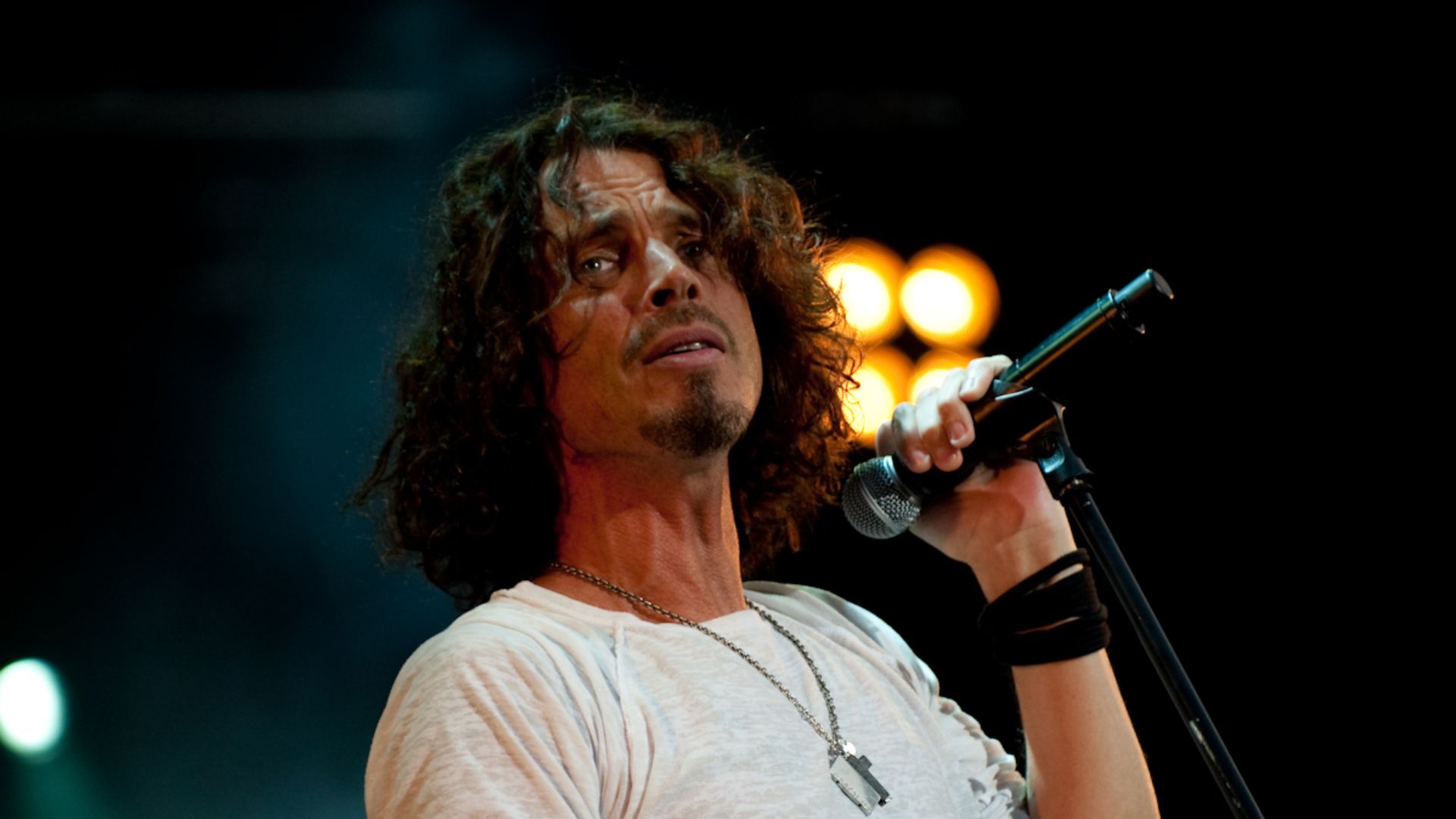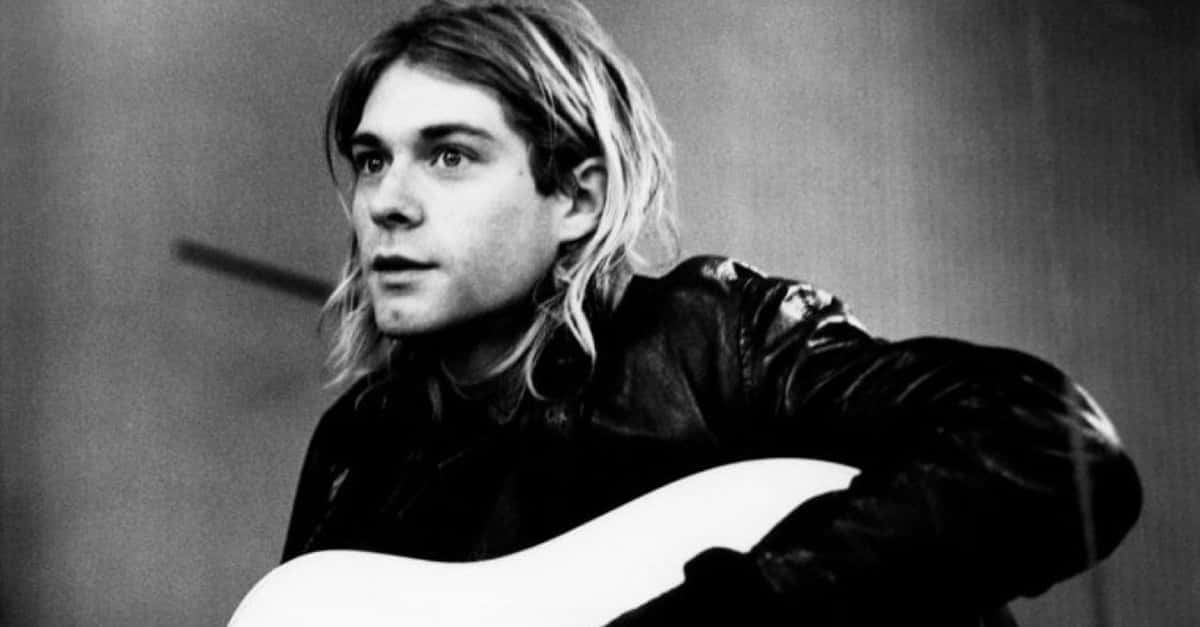He Wasn’t Like The Others
The life expectancy of the Seattle grunge scene’s leading men is sadly below the national average. Soundgarden’s Chris Cornell had all the trappings that afflicted contemporaries like Kurt Cobain and Layne Staley, who both met early demises. But Cornell somehow hung in there.
He married, became a father, and even launched a solo career. It looked like he’d survived where others hadn’t. And then, at 51 years of age, it all came tumbling down. 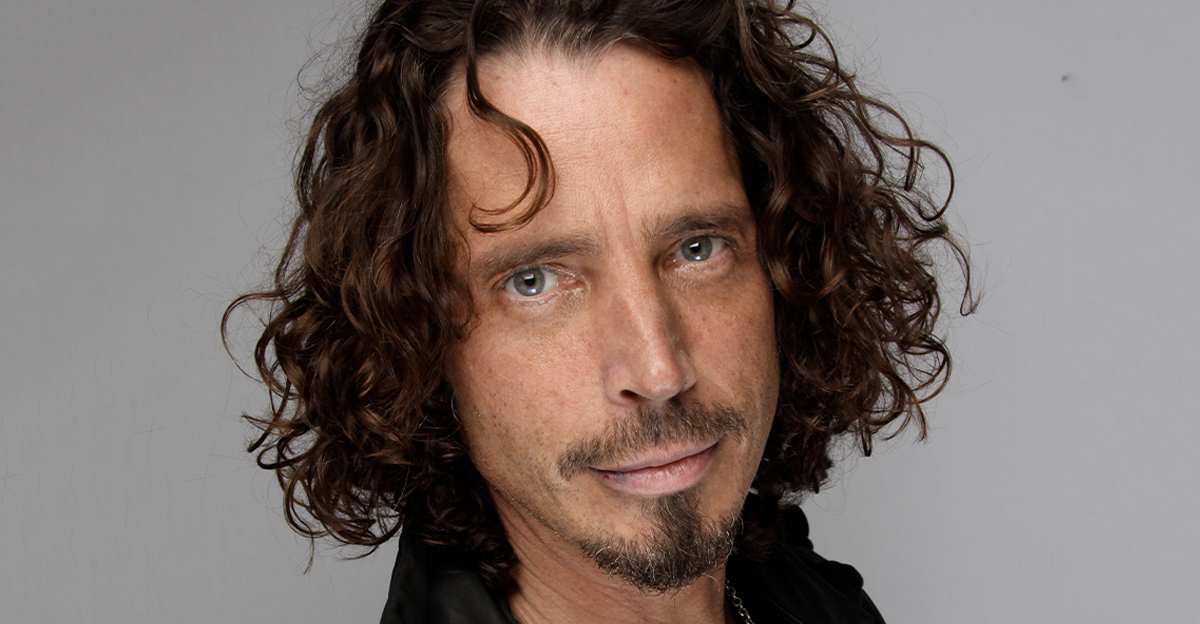
1. It Was A Mixed Marriage
Christopher John Boyle was born in Seattle, Washington, on July 20, 1964, to a Jewish mother, Karen Cornell, and a Catholic father, Edward F Boyle. His mother was a psychic, and she may or may not have foreseen the end of her marriage. When the divorce happened, Cornell and his siblings gave up their father’s name and took their mother's maiden name.
It was a shaky start to his life.
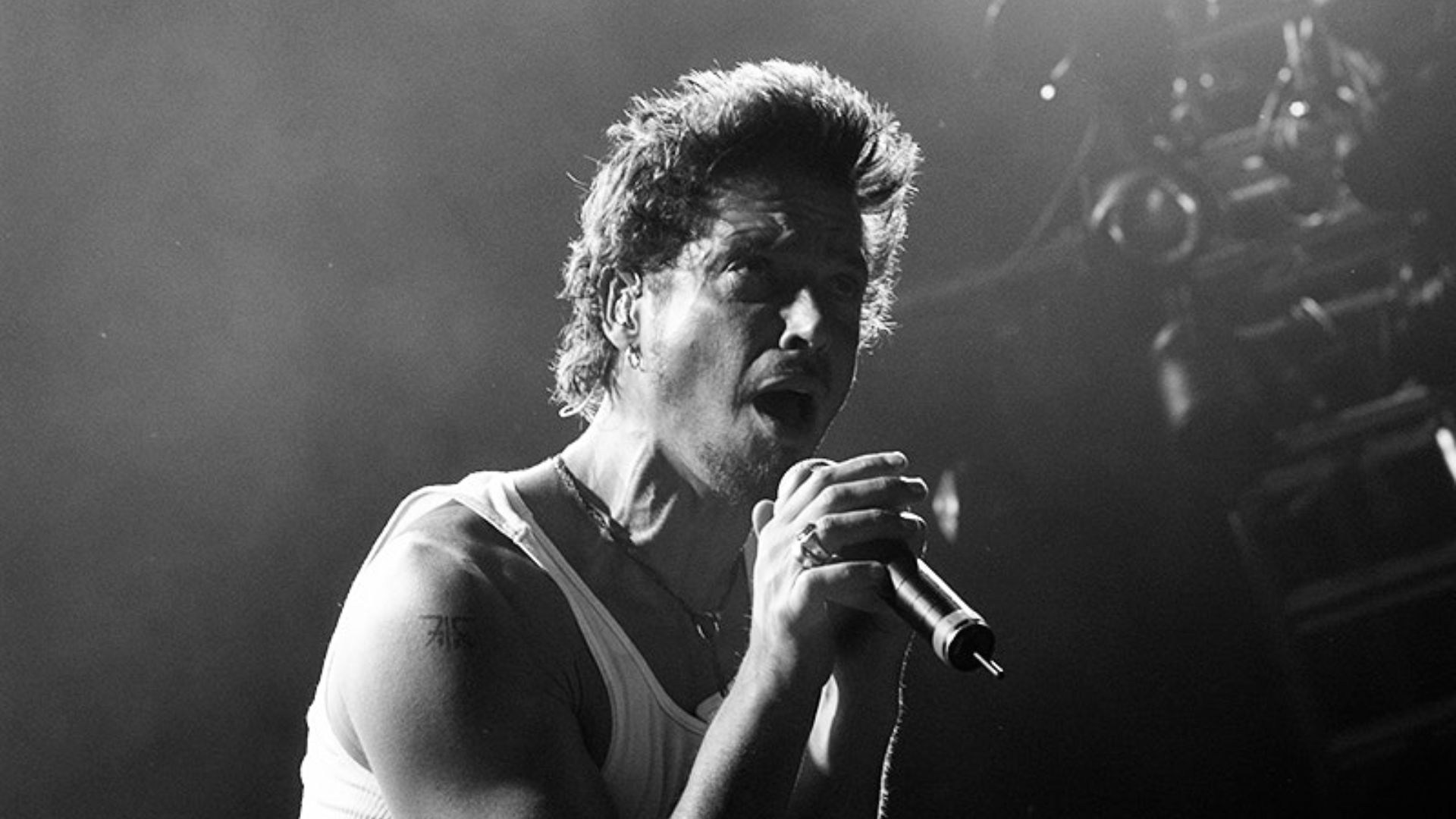 Roger Woolman, Wikimedia Commons
Roger Woolman, Wikimedia Commons
2. He Asked Too Many Questions
Cornell ended up in Catholic school, and it didn’t sit well with him. He had a lot of questions about religion, and the school didn’t like it. His mother saw the writing on the wall and pulled Cornell out of school before the principal could kick him out. Cornell then went to Shorewood High School, but there was only trouble in his future.
3. He Made A Discovery
One day, young Cornell went into a neighbor’s basement and made an amazing discovery. There was a large collection of albums by the Beatles. Cornell absconded with the discs and for two years, he listened to these albums. The mystical world of the Beatles was like therapy for him because things in the real world were not going well at all.
4. He Was A Loner
Cornell called himself a loner. Being around people made him anxious, so he turned to rock music. But sadly, music wasn’t always enough. Both of Cornell's parents were heavy drinkers, and from a very young age, he began following in their footsteps—drinking and using cannabis to deal with his problems. Soon, he was trying even more extreme self-medicating substances.
5. He Had A Bad Trip
When he was just 14 years old, Cornell tried PCP. The experience was disastrous—and what followed was even worse. He began to suffer from agoraphobia and panic disorder. Cornell dropped out of high school and spent two years barely leaving the house at all. As such, his road to fame wasn't exactly glamorous.
 Koh Hasebe/Shinko Music, Getty Images
Koh Hasebe/Shinko Music, Getty Images
6. He Had To Work
Cornell had to grapple with his various mental ailments and keep a job at the same time. He worked as a dishwasher, busboy, fishmonger, and eventually a sous-chef. But despite building a colorful resume, Cornell was still in a dark place. Thankfully, it was his mother who threw him a lifeline.
 Koh Hasebe/Shinko Music, Getty Images
Koh Hasebe/Shinko Music, Getty Images
7. She Saved His Life
When Cornell's mother bought him a snare drum, she changed his life forever. Cornell later said this small gift was a lifesaver because it kicked off his journey toward becoming a musician. Cornell wasted little time and began honing his skills. Now all he needed was a band to play with.
8. He Moved To the Front
After a short stint in a cover band, Cornell, and friends Hiro Yamamoto and Kim Thayil formed Soundgarden. It soon became clear that Soundgarden would be better if Cornell got up from behind his drum kit and concentrated on being the lead vocalist. They then brought on drummer Matt Cameron to round out the band.
They were ready to take on the world.

History's most fascinating stories and darkest secrets, delivered to your inbox daily.
9. They Signed On
It didn’t take long for the indie record label Sub Pop to come calling, and Soundgarden made two EPs with them. The unexpected success of these two EPS led Cornell and his bandmates to have their choice of any major record label. They resisted the urge to go mainstream and signed with another indie label: SST Records.
They were taking a huge chance.
10. They Were The Best
With the indie label SST Records, Soundgarden made their first album which they called Ultramega OK. Let’s just say it was more than just okay. In 1990, Soundgarden got a nod from the Grammys for Best Metal Performance. It was time for Cornell and the guys to quit the indie scene and sign on with a major label.
11. They Were The First
Signing on with A&M Records was a very big deal. Bands like Soundgarden were becoming known as Seattle Grunge but Soundgarden was the first of these to get on with a major label like A&M. With their first album with a major label, Soundgarden was ready to define a generation.
12. He Was Complex
Soundgarden had the edgy sound that most grunge bands had, but it also had Cornell’s lyrics. Some thought the songs he wrote were acute and penetrating. Music lovers were looking for something complex, and with Cornell and Soundgarden, they found it. But that was just the tip of the iceberg.
With Cornell, Soundgarden had another huge draw for audiences.
13. He Had An Incredible Range
In addition to his lyrics, there was also Cornell’s voice. Cornell sported an incredible four-octave range. Some called his singing style a seduction of his audience. Later, more than one critic and audience poll listed him as one of the greatest rock and roll singers of all time. But all the praise in the world couldn’t help him with his sadness.
14. He Lost A Buddy
While living in Seattle, Cornell had a roommate named Andrew Wood, who was another staple of the Seattle grunge scene. The two were more than just roommates, they were close friends. When Wood tragically lost his life to a drug overdose at the age of 24, Cornell took the loss hard.
 Koh Hasebe/Shinko Music, Getty Images
Koh Hasebe/Shinko Music, Getty Images
15. He Saw A Ghost
Cornell said that after Wood’s passing, he kept seeing his friend—sometimes on the side of the road as he was driving. It would always take him a few minutes to once again realize that his friend was gone forever. Cornell had to deal with the loss of Wood, and he turned to music to deal with his sadness.
16. He Made A Tribute
Cornell was still in Soundgarden when he formed the band Temple of the Dog as a tribute to his friend Wood. Along with Cornell, Temple of the Dog also featured a then mostly unknown musician named Eddie Vedder. Vedder later acknowledged his debt to Cornell. “Hunger Strike” was the breakout single for this supergroup, and Vedder’s voice was a standout.
But there were also big things in store for Soundgarden.
 Temple Of The Dog - Hunger Strike, Temple Of The Dog
Temple Of The Dog - Hunger Strike, Temple Of The Dog
17. They Were The Best
In 1994, Cornell and Soundgarden released their fourth album: Superunknown. The world, and probably Cornell himself, had no idea how high this album would soar. It debuted on the Billboard 200 at number one. It reached quintuple platinum status in the US and received a Grammy nomination for Best Rock Album.
Cornell had built a huge legion of fans, but they were in for a shock.
 Ron Galella, Ltd., Getty Images
Ron Galella, Ltd., Getty Images
18. He Changed His Tune
In 1998, Cornell took to working on songs for a solo album. This would eventually get the name Euphoria Morning and the result was a little less rock and more folk. This change shocked his most beloved fans. While he received another Grammy nomination, the album didn’t do well in terms of sales.
If this wasn’t bad news enough, there was more.
19. He Lost Many
The grunge music scene has had its share of untimely demises, and the culprits are often depression and drug use. Around this time, Cornell became saddened by the sheer number of losses he’d experienced in his life. Unfortunately, to deal with his grief, Cornell turned to an old, but very dangerous, friend.
20. He Faced Some Changes
As Cornell nestled into a pit of depression, he returned to the substance use of his youth. Around the same time, Cornell became a father. His daughter Lillian Jean, was born on June 28, 2000. The turn of the millennium was bringing big changes for Cornell and not all of them were good.
21. He Had To Check In
In 2002, Cornell was busy working in a new band called Audioslave. Sadly, at the same time, Cornell was also struggling with addiction. He had to cancel a show at Ozzfest and later admitted the hard truth: He was in rehab. Cornell did emerge sober, but his problems weren’t over yet.
22. He Made An Unusual Trip
In May 2005, Cornell made an unusual trip with Audioslave. He went to Havana, Cuba to do a concert. The concert took a long time to arrange. The concert’s organizers were the Ministry of Culture in Cuba and the US Department of Treasury. Considering that the two organizations were likely not on the best of terms, it’s a wonder the concert actually happened.
It did, but the venue was something of an ironic twist.
23. It Was Anti-American
Ironically, Cornell and Audioslave performed in a venue that the Cuban government built for protests against the US. It’s called the Antiimperialist bandstand. Music lovers from all over Cuba headed to the capital for a truly once-in-a-lifetime event. Cornell could not afford to disappoint this crowd that was hungry for entertainment.
24. He Gave Them What They Wanted
Cuban officials estimate that 70,000 people showed up for this concert. Cornell and Audioslave performed an astounding 26 songs over two and a half hours. Music lovers who never got the chance to see international stars jumped up and down, sang along, and even created a mosh pit. After the show, Cornell had questions he wanted answers to.
25. He Wondered Why
Because they were Americans, Audioslave had to jump through a lot of bureaucratic hoops to get to play in Cuba. But Cornell wondered why bands from other countries didn’t perform there. UK bands, for example, wouldn’t face the same problems that American bands did. Years later, Cornell was happy to hear that The Rolling Stones followed in his footsteps.
Next, Cornell would take on another UK institution.
26. He Had A Problem With Bond
In 2006, the blockbuster series of films featuring James Bond was looking for a new theme song. They came to Cornell with the title of the film: Casino Royale. While Cornell was likely flattered by the offer, he had a problem. He couldn’t imagine writing a song that included the words “Casino Royale”.
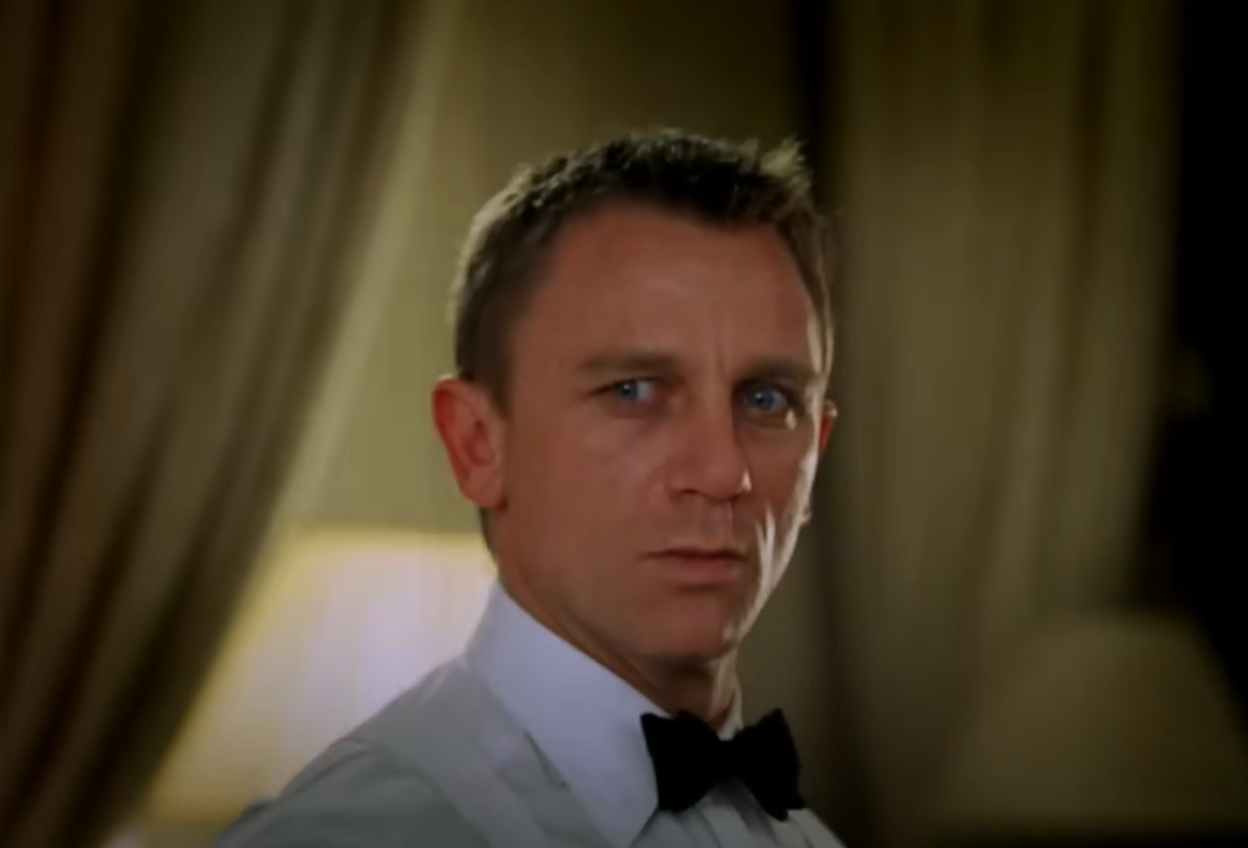 Columbia Pictures, Casino Royale (2006)
Columbia Pictures, Casino Royale (2006)
27. It Was Good And Bad
The producers of Casino Royale made a concession and let Cornell write a song that didn’t even mention the title of the film. The song he came up with was “You Know My Name,” and it reached the number seven spot on the UK Singles chart. The song had two “first evers”—one good and one not so good.
 Casino Royale - Chris Cornell - You Know My Name, MovieSounds
Casino Royale - Chris Cornell - You Know My Name, MovieSounds
28. He Didn’t Quite Make It
Cornell, who took inspiration for his Bond song from Paul McCartney’s “Live and Let Die," was the first male from the US to perform a 007 opening credit song. On the downside, his title song was the first to not make it on the soundtrack. Cornell’s next venture would put him face to face with a brand new sound.
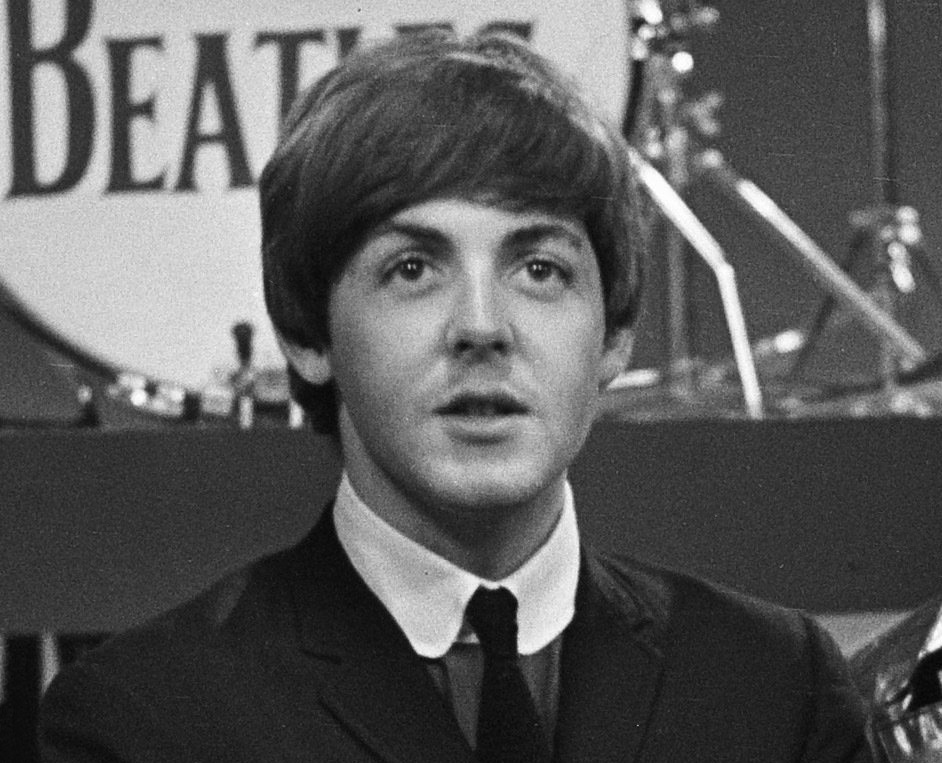 Eric Koch for Anefo , Wikimedia Commons
Eric Koch for Anefo , Wikimedia Commons
29. He Changed His Style
In 2009, Cornell went in a completely different direction and teamed up with producer and rapper Timbaland. The result was Cornell’s third solo album which he called Scream. This was a huge departure for Cornell, as he mostly put aside his usual rock guitar sound and went with Timbaland’s more electronic vibe.
This was a huge risk. Would his fans like his new sound?
 Chris Cornell - Scream (Official Music Video), Chris Cornell
Chris Cornell - Scream (Official Music Video), Chris Cornell
30. They Called It A Disaster
While Cornell described Scream as “a highlight” of his career, the critical response didn’t quite match. Spin magazine said it had “empty efficiency” and Allmusic called it "one of those rare big-budget disasters". And then Cornell received a very personal response.
 Chris Cornell - Scream (Official Music Video), Chris Cornell
Chris Cornell - Scream (Official Music Video), Chris Cornell
31. He Called Him Names
It’s one thing for a magazine to give you a bad review, it’s quite another when a fellow musician does it. Trent Reznor of Nine Inch Nails gave Scream and Cornell one of the worst critiques. He said that Cornell had “embarrass(ed)” himself. Reznor was about to eat his words in a big way.
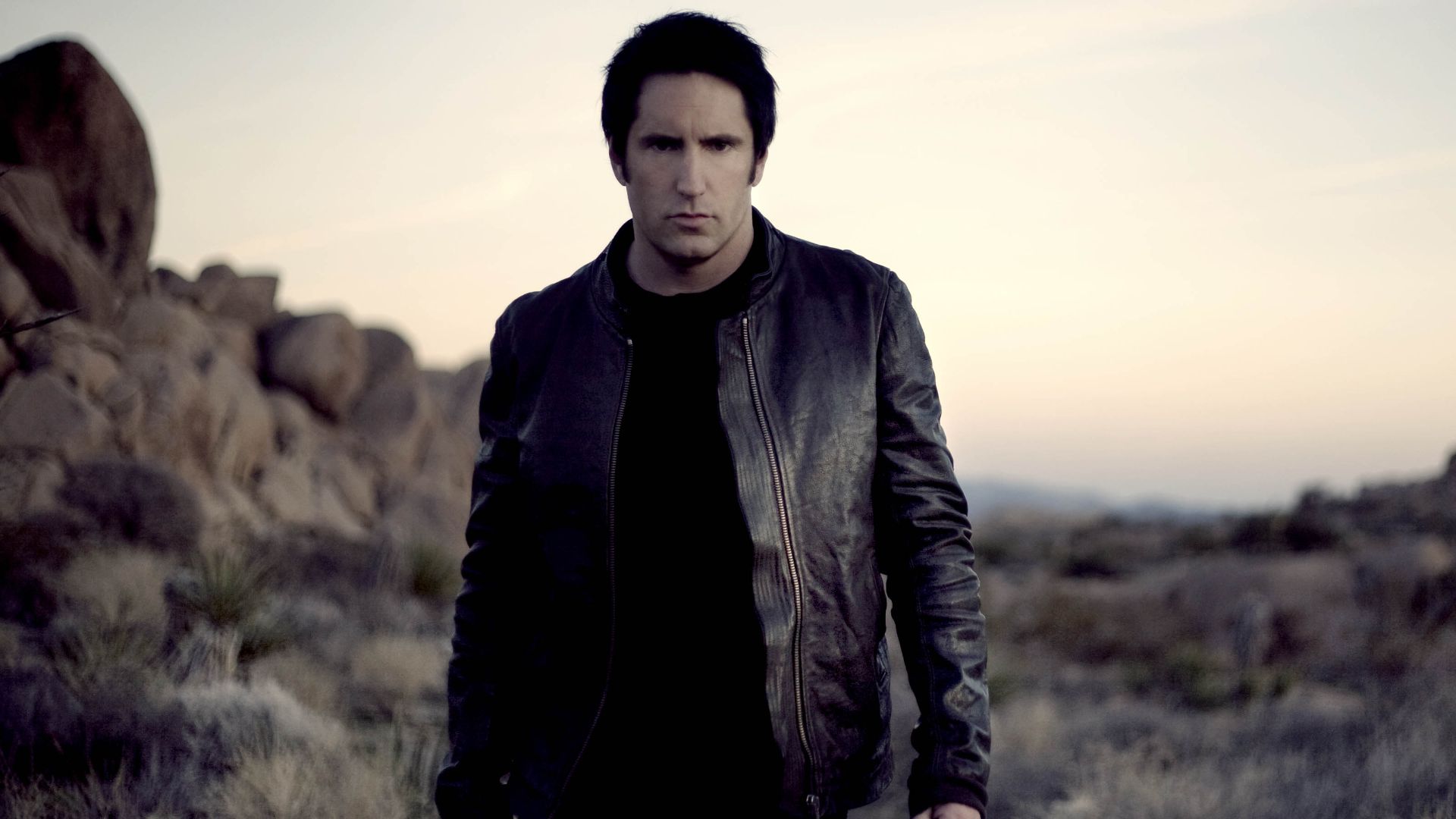 Rob Sheridan, Wikimedia Commons
Rob Sheridan, Wikimedia Commons
32. He Got An Apology
Shortly after Reznor said such mean things about Cornell on Twitter, Reznor had to take his words back. You see, he was about to embark on a tour with Cornell and Soundgarden. Instead of facing what might have been an enraged Cornell, Reznor sent a cowardly apology via email. Cornell didn’t need to worry, he still had his fans.

33. He Hit The Airwaves
On April 2, 2009, a rock radio station in Atlanta got a brief name change. They called themselves “Chris-FM”. What this meant was that they devoted 24 hours of airtime to Cornell. Besides playing back-to-back Cornell songs, it also included Cornell working as a DJ and playing his faves from his own songbook.
Cornell obviously had a lot of fans in Atlanta, and also in the White House.
34. He Had A Big Night
In 2013, Cornell had a big night. It was on January 21, and he played two very important events. He did an acoustic set for the Commander-in-Chief’s-Ball and then headed over to another ball. This was the inaugural ball for then-president Barack Obama. It doesn’t get much better than playing for the president.
Sadly, it was only downhill from there.
35. He Did His Last Show
On May 17, 2017, Cornell performed with Soundgarden in Detroit, Michigan. After the concert, Cornell retired to his room on the 11th floor of the MGM Grand Hotel. While in his room, Cornell spoke on the phone with his wife, Vicky Cornell. Vicky had some concerns that Cornell didn’t sound like himself. On the phone, he had repeated slurred his words. When Vicky questioned him about it, he told her may have taken an extra anti-anxiety pill "or two". Pressed on what he meant, Cornell told Vicky "I'm just tired," repeating that same phrase several times over.
The conversation was both confusing and out of character. Vicky knew she had to do something.
 Sean tSabhasaigh, Getty Images
Sean tSabhasaigh, Getty Images
36. She Felt Helpless
Vicky felt helpless as Cornell was in Detroit and acting strangely, and she was back at home. Cornell just said he was experiencing fatigue, but Vicky knew there was something more disturbing at play. She turned to Cornell’s bodyguard, Martin Kirsten, for help. She called Kirsten and asked him to check up on Cornell in his room.
37. They Wouldn’t Help
At 12:15 AM, Kirsten headed to Cornell’s room only to find the door locked and no response from inside. He then went back to his own room and called the front desk. He talked to the security of the hotel, and they said they would not help him deal with Cornell. He once again contacted Vicky and asked her what she thought he could do.
Her chilling response indicated just how worried she really was.
38. He Broke In
Vicky’s idea was to have Kirsten break the door down. It took him six or seven hits, but eventually, the door went down. The first thing Kirsten noticed was that the bathroom door was open. But most horrifyingly, he also saw Cornell's feet. Kirsten, with Vicky on the phone, tried to deal with an unconscious Cornell.
39. He Tried To Save Him
Kirsten saw that there was some sort of band tightly wrapped around Cornell’s neck. He quickly removed it, so Cornell could breathe. Next, Kirsten compressed Cornell’s chest in hopes of resuscitating him. As he was doing this, EMTs arrived in an ambulance. It was now just before 1:00 AM. Were they too late?
40. It Was A Tragic Loss
Chris Cornell was officially pronounced dead at 1:30 AM. Ultimately, the cause of Cornell's tragic demise was that he'd taken his own life. Of course, the first feeling was absolute devastation at the loss of such a prominent and talented musician. The next feeling was that of disbelief that this could happen.
And then people started to get suspicious.
41. They Were Suspicious
The first theory turned a suspicious eye at Kirsten and his timeline of that evening. The Detroit News wondered about why it took 41 minutes for medical professionals to get on the scene. They were suggesting that this was too long, and maybe Kirsten wasn’t telling the entire truth about what had happened.
The public wanted answers.
42. They Saw The Footage
The authorities looked into the timeline that Kirsten had given about the events prior to Cornell’s passing. Using phone call records and video footage they decided that it all made sense. Kirsten was telling the truth about what happened that night. Next, the autopsy came under scrutiny.
43. Something Was Missing
Vicky Cornell wasn’t happy with the results of the autopsy. She thought they hadn't done a thorough job, and the result would be a host of conspiracy theories about the manner of Cornell’s demise. One example she gave was that her husband had recently injured his head—something that hadn't been included in the autopsy.
Cornell’s doctor was the next item of complaint.
 Frederick M. Brown, Getty Images
Frederick M. Brown, Getty Images
44. They Blamed The Doctor
Next, Vicky and her children went after Cornell’s doctor. They suggested that Dr Robert Koblin offered Cornell “dangerous mind-altering” substances and did this with negligence. They believed that the prescribed medicine Cornell took "clouded his judgment," ultimately leading him to make some very dangerous decisions—ones that cost him his life.
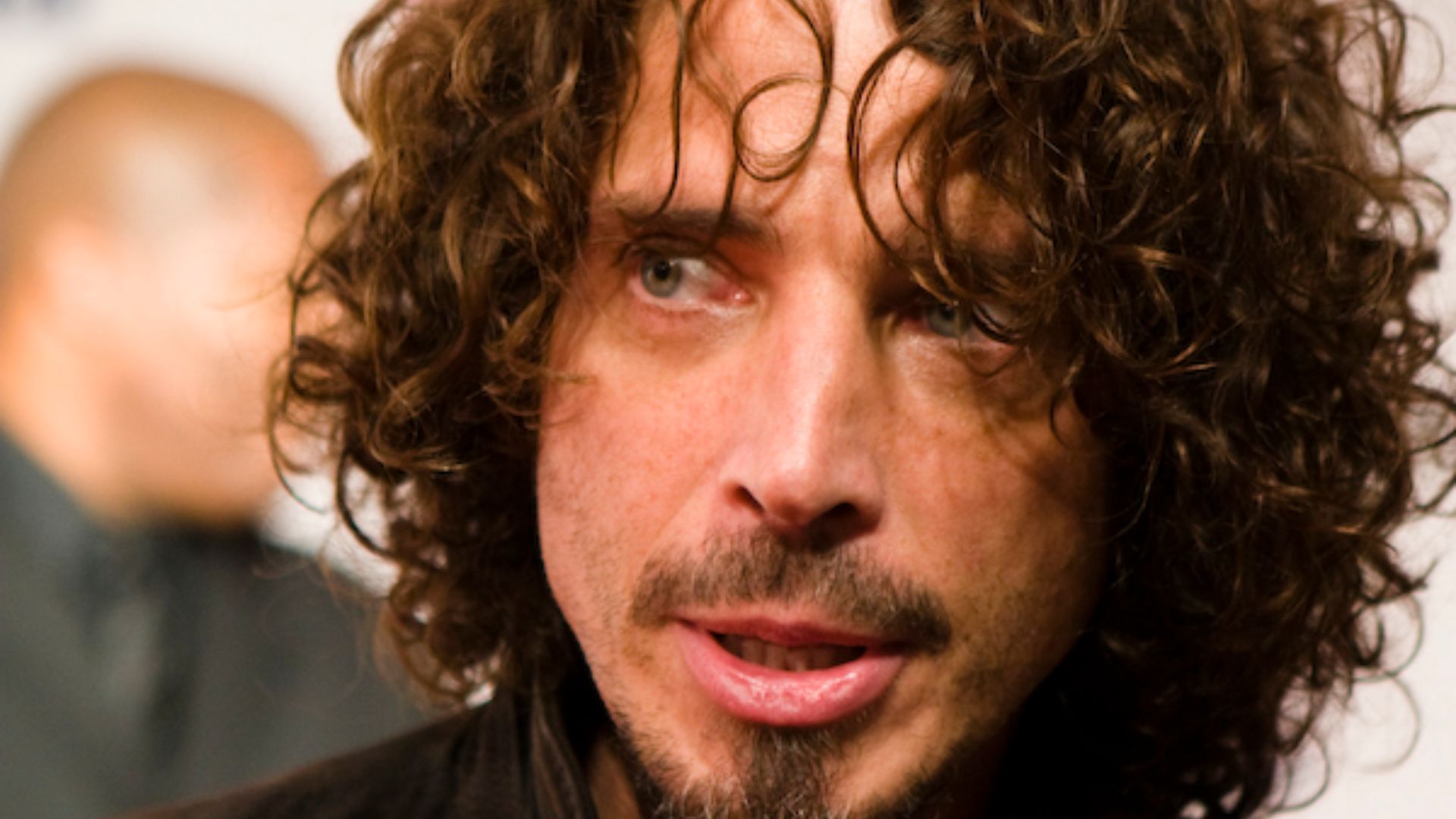 christopher simon, Wikimedia Commons
christopher simon, Wikimedia Commons
45. He Was Over-Prescribed
Vicky Cornell took her complaints to the Los Angeles Superior Court. The evidence showed that Koblin had prescribed lorazepam to Cornell without even seeing him. In his defense, Koblin said that Cornell wanted the medication for anxiety and that Cornell was very aware of the risk of taking it.
It was now left to the judge to decide if Koblin’s actions had caused Cornell to lose his life.
46. They Settled
As it turned out, it wasn’t up to the judge. Koblin and Cornell’s family settled out of court and this agreement remains confidential. With this behind them, Cornell’s family had him cremated. A funeral took place on May 26, 2017. Fans and Cornell’s fellow musicians were ready to mourn their loss.
It was a star-studded and emotional affair.
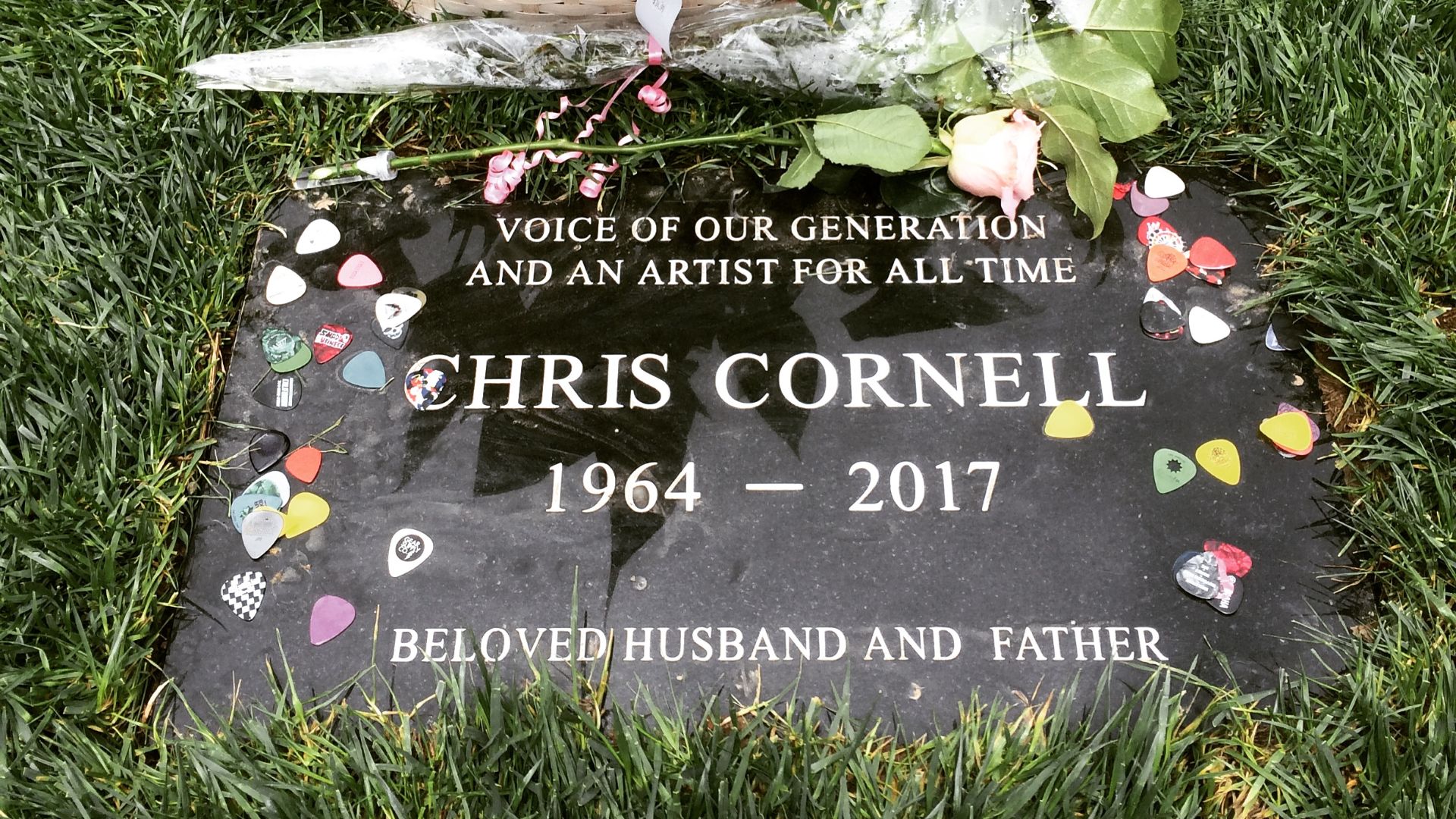 Arthur Dark, Wikimedia Commons
Arthur Dark, Wikimedia Commons
47. It Was An Emotional Event
Cornell’s funeral service began with a recording of “Like a Stone” by Audioslave. They followed this with Cornell’s final song, “The Promise”. There was a live performance of Leonard Cohen’s deeply moving “Hallelujah” sung by Chester Bennington and Brad Delson of Linkin Park. At the end of the service, mourners could hear Temple of the Dog’s “All Night Thing”.
But the mourning didn’t only occur at the funeral.
48. They Turned The Lights Out
On the day of Cornell’s passing, Seattle’s most iconic landmark, the Space Needle, turned the lights out for one hour to honor the passing of Cornell. That same night, Ann Wilson of Heart was on Jimmy Kimmel Live and she performed Soundgarden’s “Black Hole Sun”. It was a tragic loss that some suggest we should have seen coming.
 Ann Wilson - Black Hole Sun (Jimmy Kimmel Live), Ann Wilson of Heart
Ann Wilson - Black Hole Sun (Jimmy Kimmel Live), Ann Wilson of Heart
49. It Was In The Lyrics
Back in April 1994, Seattle rocker Kurt Cobain took his life in the most macabre way. Cornell had to have taken the loss badly. In a Rolling Stone interview, Cornell said that it wasn’t possible to see that a songwriter was going to take their life just by listening to the lyrics they wrote before the tragedy.
Scientists didn’t agree, and they had something shocking to say about Cornell’s lyrics.
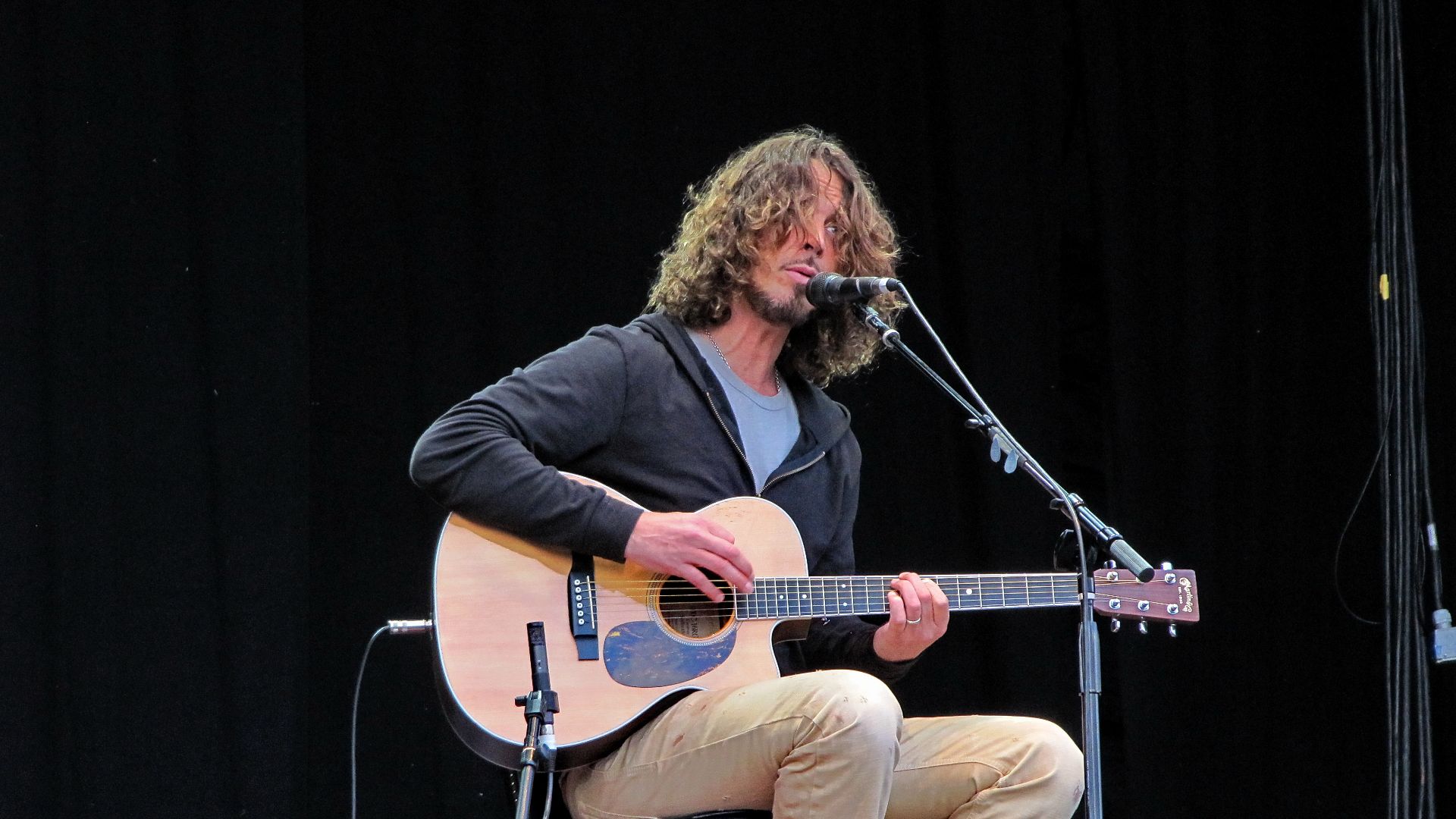 Bernard Stam, Wikimedia Commons
Bernard Stam, Wikimedia Commons
50. He Needed Help
Researchers analyzed Cornell’s lyrics and found that as his career progressed, he wrote more frequently about depression and failed relationships. They noted that his songs also contained more and more morbid thoughts. These scientists concluded that Cornell certainly could have benefited from “clinical attention”. Sadly, this information came too late.
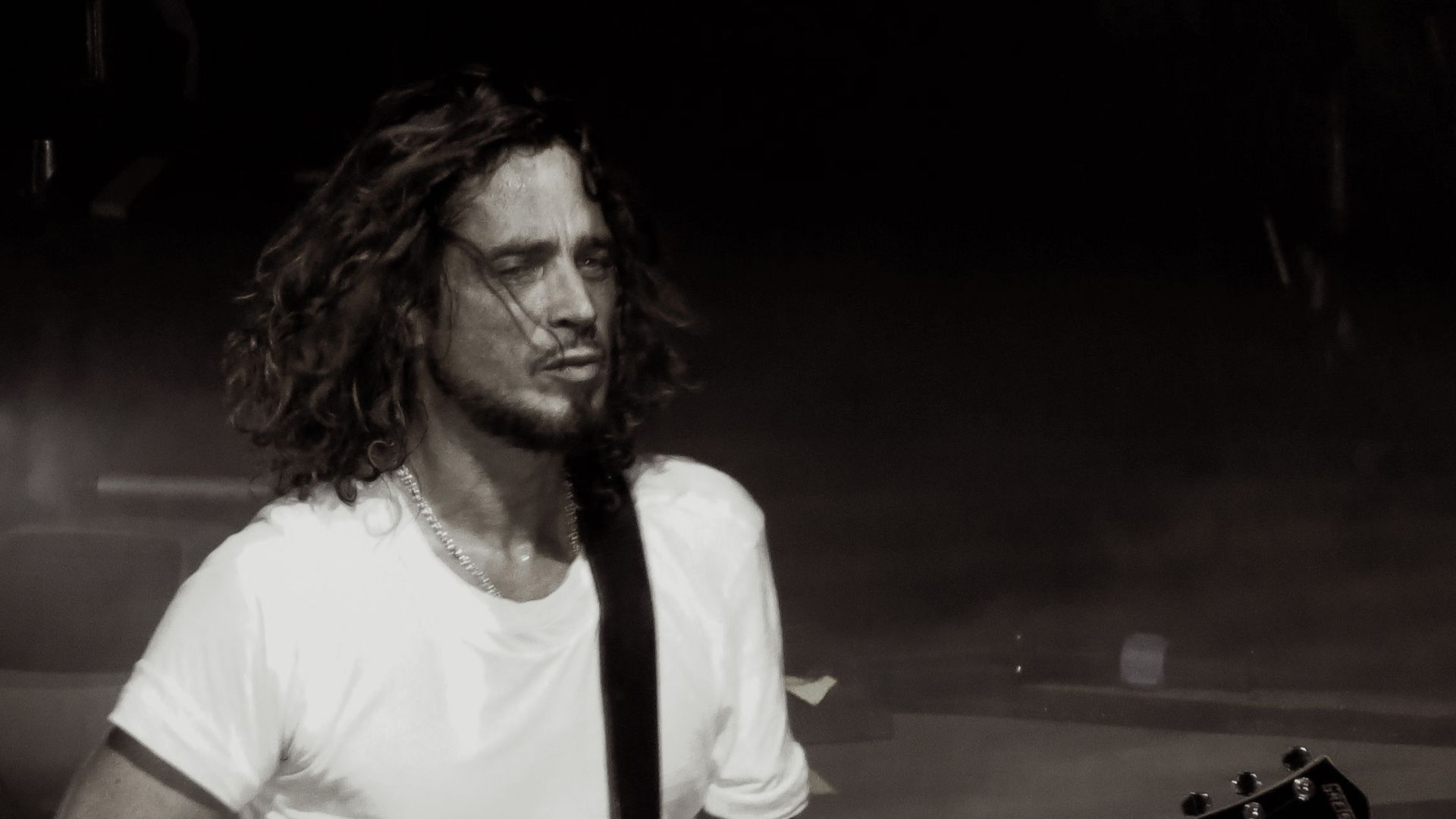 Matthew Straubmuller, Wikimedia Commons
Matthew Straubmuller, Wikimedia Commons
You May Also Like:
The Sad Life And Mysterious Death Of Elliott Smith

